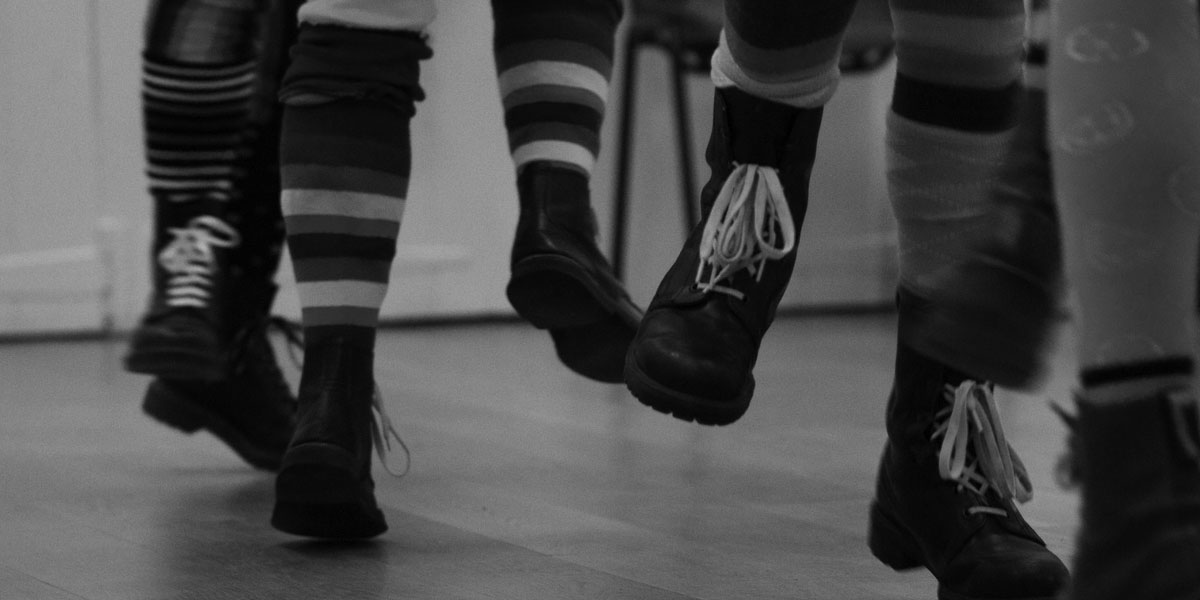Dancing a constitutional jig
No Scottish wedding or new year celebration would be complete without traditional music and dancing. Yet while ceilidhs can be huge fun, if find yourself dancing an unfamiliar reel, it is an experience that can leave you dizzy (and a...
No Scottish wedding or new year celebration would be complete without traditional music and dancing. Yet while ceilidhs can be huge fun, if find yourself dancing an unfamiliar reel, it is an experience that can leave you dizzy (and a bit bruised).
My sense is that this is how most Scots feel about the independence debate so far. Scotland’s politicians, having called the tune, haven’t stopped to check to see if it was the dance people were expecting. Despite their efforts, they have not yet connected with the mood of the voters.
Looking at the polls, there is one consistent feature – one fifth of Scots state that they do not know how they are going to vote.
This is odd on two counts. First, independence is an issue that has featured prominently in Scottish politics since the SNP victory at the Govan by-election in 1973. It might therefore be expected that, by now, people’s views would be settled and clear.
Second, by definition independence will entail uncertainty. Part of the appeal of independence is surely that it offers a new political settlement. Uncertainty comes with the territory and to claim otherwise is either naïve or disingenuous. Nor is uncertainty necessarily a negative thing when it is coupled with the chance to innovate.
The reasons for this confusion lie with both camps in the debate.
The SNP have from the outset of the campaign, pursued a “things will be different but nothing will change” strategy. This is why they are pursuing retention of the pound and monarchy. It has also led to them towards some quite interesting ideas about how “British-ness” might be preserved beyond the dissolution of the Union. However, their assertions of continuity which have been difficult to support. From the insistence that Scotland would have a seat on the MPC through to assertions about EU membership and NATO accession, the SNP assurances of independence being simply business as usual have buckled under scrutiny.
It is easy to understand the rationale for this approach. Since coming to power in 2007, the SNP have fought hard to gain a reputation for quiet competence and disabusing the electorate of any notions that they are “dangerous radicals”. So they have tried to frame independence as a natural and logical step. The problem is that it is step that no western democracy has taken in over a century and therefore ventures into uncharted territory. People know this and therefore do not trust the SNP’s assurances.
The oxygen that fuels the independence debate is dissatisfaction with politics. This is not unique to Scotland, but the prospect of constitutional change provides a channel for this to be given voice. It is not a debate that Scots are unhappy to have, but for all the talk of change, there has been little to give a sense that any of it would make a difference.
It is frustrating for those who favour devolution that alternatives to independence have not really broken through in the debate. The SNP and the Yes Campaign claim that the pro-UK parties have no positive vision for Scotland. This is despite both the Lib Dems and Labour having published papers on their visions for changing the configuration of the union. That said, neither party has done much to advocate these views, compounding popular confusion. The pro union parties claim that voting ‘no’ would lead to more devolution, but are far from clear what form this might take.
From a Labour point of view this is a great shame as the ‘Powers for a Purpose’ paper released in the spring contained compelling and powerful proposals. This interim paper from the Scottish Labour’s Devolution Commission advocated full devolution of income tax and a commitment to pushing powers down from Holyrood to local authorities. This combination of fiscal autonomy and local democracy could be powerful. But failing to make the argument leaves people confused about what Scottish Labour really wants to do.
There is an historic opportunity to recast our political settlement in Scotland. Scottish Labour cannot assume that the SNP will continue to pursue a strategy that fails to connect. Given the scale of undecided voters, a change of tack that addressed this could bring victory to them. However a confident articulation of a renewed vision of devolution could just as easily secure a ‘no’ vote. As the Devolution commission draws up its final report, it is important that a political strategy to communicate and advocate it is pursued.
Ceilidhs can be terrific fun, if everybody knows the tune the band is playing. And in the constitutional jig we are currently dancing neither the SNP nor Labour seem to have struck a chord with voters. That is both an opportunity and a threat.
Daniel Johnson is chair of the Scottish Fabians. They are co-hosting the Fabian Labour party conference fringe event ‘Devolution: Constitution and reform’ tonight at 19.45. Click here for more details.
